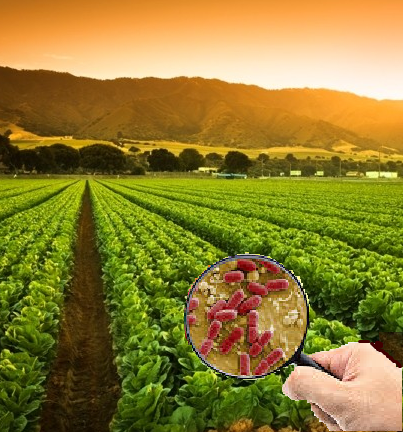Leafy greens contaminated with Shiga toxin-producing Escherichia coli (STEC) have continued to cause foodborne illness outbreaks and remain a threat to public health. A team from FDA and CDC published in J Food Prot (2021) (Irvin et al. (https://meridian.allenpress.com/jfp/article-abstract/doi/10.4315/JFP-21-112/463972/An-Overview-of-Traceback-Investigations-and-Three?redirectedFrom=fulltext) the traceback investigation of three Shiga toxin-producing Escherichia coli (STEC) infections linked to romaine lettuce in 2018 and 2019. The study demonstrates challenges, limitations, and opportunities for improvement. The three outbreaks resulted in a total of 474 illnesses, 215 hospitalizations, and five deaths. These illnesses were linked to the consumption of romaine lettuce from three distinct growing regions in Arizona and California. The team reported several challenges: the time it took to initiate a traceback, limited product-identifying information throughout the supply chain, lack of interoperability in record-keeping systems, and co-mingling of products from multiple suppliers. The challenges resulted in time delays in identifying the farm source of the leafy greens and the inability to identify the root cause of contamination. Adopting traceability systems could help address these challenges by improving traceback investigations and ultimately preventing foodborne illnesses and future outbreaks.
Traceback investigations of recent outbreaks of Escherichia coli O157:H7 Linked to Romaine Lettuce
An Overview of Traceback Investigations and Three Case Studies of Recent Outbreaks of Escherichia coli O157:H7 Infections Linked to Romaine Lettuce | Journal of Food Protection
No comments

